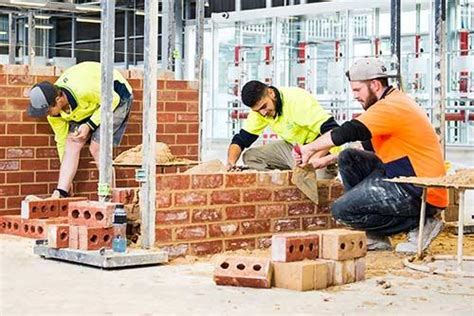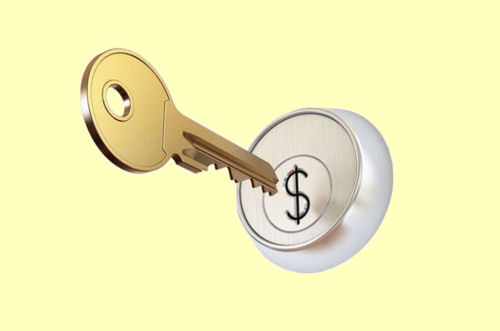Improvements to Leased Property
For many reasons, a lessee may find themselves in a situation where they feel the need to build on a vacant plot of land, or add more buildings, or improve the value of the land in other ways. Placing a building on land is the common one, but other examples of improvement to property are roads, fencing, irrigation, water-wells, etc.
Improvements can also be made to existing structures and some examples of this are installing solar panels, built-in cupboards, new flooring and one that is very common in Asia, installation of air-conditioning. There are many more examples. They are all improvements to the property with the building improvements commonly referred to as fittings and fixtures. Importantly, moveable furnishings and equipment, like beds, desks, fridges, etc are not considered improvements to property.
When land or land with a building/s is leased, it is provided to a lessee on a fundamental condition and that is that when the lessee vacates, the property is returned to the owner in the same or better condition that is was when leased. It should therefore go without saying, that as a lessee and if you wish to make improvement changes, you should first seek approval from the owner. More often than not, owners will be happy that you are doing so, but you need to check with them first. What you think might be an improvement (knocking down all the internal walls for example) might not be what the owner wants. In this case, and if you were not to receive approval for doing this, an owner may insist you return all of the walls before you relinquish your lease! The same applies of course for land. That rather large dam you dug, might need to be refilled if you do not receive approval from the owner before you dig it.
Because of the cost of improvements is generally quite high, a lessee will want to make sure they have a long enough lease with which to recover their investment. They should also ensure the lease agreement covers improvements. Most importantly and commonly, lease agreements will recognize the improvements as being owned by the lessee for as long as the lessee’s tenure is current and will place all responsibility for those improvements with the lessee, including liability and upkeep. If they are depreciable improvements (most are), then the lessee will also be able to apply the depreciation of the improvements against their business for as long as the lease is current.
What happens when you sell your business and a new lease (for the new owner of the business) takes effect? Providing the lease agreement allows it, the improvements can be sold with the business and become the property of the new business owner. In the event the lessee who made the improvements does not sell, but instead allows the lease to expire and vacates the property, there are two options available to the lessee.
Firstly, they can remove or ‘undo’ improvements, but if they do so, the property needs to be returned to at least the same condition as it was at the beginning of the lease. In this case, it might mean repairing walls where air-conditioners were installed, dismantling dwellings, filling in wells, etc and returning these also to their original lease condition. There can be some advantage to doing this – expensive shop fit-outs can be removed and replaced with what was there and this is sometimes cost effective. The second option is that they vacate the property without removing the improvements in which case the ownership of the improvements passes to the owner of the property.
If you think you might be in a situation where you need to make improvements to property as a lessee, you should discuss this with your landlord and the lease agreement needs to make provision for this.
| Parinee Insoongnoen (Palm) is a Thai national and graduate of Srinakharinwirot University (BFA) and Ramkhamhaeng University (LLB). She is a founding partner and the Managing Director of Asia Business Brokers. With a hospitality background including working for the Marriott group, Palm has a strong knowledge of startups and SMEs both in terms of operations and compliance. She has participated in business transfer negotiations and/or settled business transfers in Cambodia, Malaysia, Indonesia, Hong Kong and Thailand. |




 Leasing Commercial Premises in Thailand
Leasing Commercial Premises in Thailand Surviving COVID in Pattaya
Surviving COVID in Pattaya

0 Comments